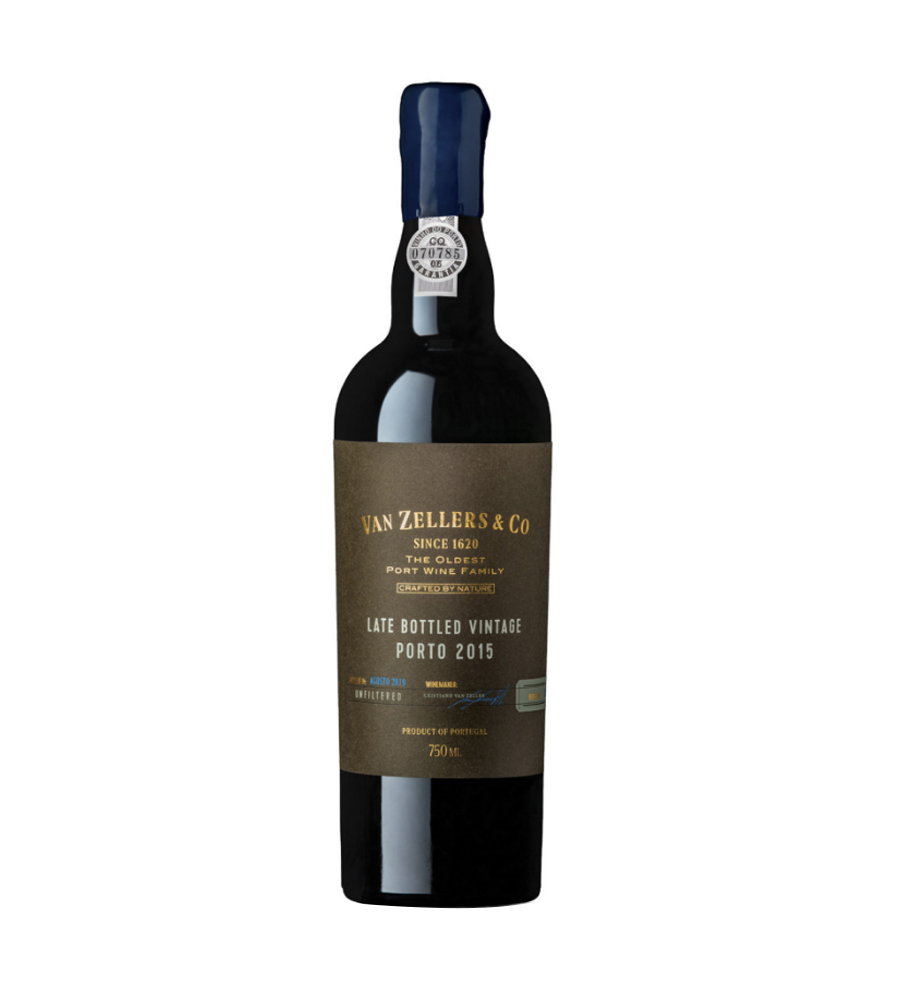Van Zellers & Co
The 2014/2015 wine year was characterised by an atypical year in terms of climate, with a dry and cold winter and an abnormally hot and dry spring and summer. In particular, the reduced rainfall during most of the vegetative cycle and the high temperatures recorded between June and July, due to their impact on the vines and on the ripening of the grapes. These climatic conditions made it possible to bring forward the vegetative cycle by an average of 1 to 2 weeks. As far as the health of the vines is concerned, cryptogamic diseases (oidium and mildew) and insect pests were not significant. Overall, and by comparing with the data of the previous decade, we can consider that 2015 was the year in which all productions were in the best sanitary conditions. Ripening was very variable in the region, depending on the location of the vineyards and/or the availability of water. In vineyards less exposed to stress or with greater water availability, ripening was earlier (about 1 to 2 weeks) and harvesting started at the end of August/beginning of September. In vineyards at lower altitudes or more exposed to heat, ripening proceeded more slowly, forcing producers to wait for better levels of alcohol and phenolic compounds. However, the very heavy rainfall between 15 and 16 September, accompanied by a drop in temperature, had a very positive impact on production and quality, allowing ripening to progressively evolve towards perfection in late September/early October. Van Zellers & Co.’s LBV Ports are made from traditional, indigenous red grapes hand-picked from different sub-regions of the Douro. More than 25 traditional Douro grape varieties, with a predominance of Touriga Franca, Touriga Nacional, Tinta Roriz and Tinta Barroca, but also Rufete, Tinta Amarela, Tinta Francisca, Sousão. The grapes are crushed by foot in old granite presses and fermented in the same presses for 2 to 5 days. When the must reaches the desired residual sugar content, grape brandy is added to stop the fermentation. After decanting and pressing, the new Port is aged for 36-48 months in old wooden vats with a capacity of 600-10,000 litres. Bottled without fining or filtration.
Enologists: Cristiano van Zeller and Joana Pinhão
Bottling date: August 2019, in 2,133 bottles of 750ml.
Allergens information
Contains sulphites.
SKU: 106756


